Does it help to know your type? The notion of personality preferences is not controversial - we all have our likes and dislikes - but the notion that we fit into a "type" or a "style" is controversial because it suggests that once I know your type, I can make predictions about you. It means that I can suggest what kind of world where you should live, work, and love in order to optimize your happiness and productivity (1). People also resist personality typing because it means that they should fit into a box drawn by a dead white guy. (It's worth noting that MBTI was created by a mother-daughter team and they had no training in psychology Academics hate it for that reason too!) Nonetheless, tests of styles, and types are very, very popular - especially in business, education, and fashion magazines. There are tests for management styles, learning styles, attachment styles, productivity styles, conflict styles, leadership types, and so many more. The idea that once you know your type or style, you can tailor your life to match it is big business!
References & Resources
0 Comments
Have you woken up in the middle of the night because your mind was racing through your busy to do list? And then drifted peacefully off to sleep after you wrote the list on a notepad beside your bed?
If so, this post is for you... I have been keeping a journal, diary, or sketchbook for the past 30 years. Over that time, I've learned to use doodling and writing to shift the speed of my thinking depending on what life requires of me. There are times when my brain is moving slowly and I can't get motivated to work on a writing project, so I sketch out what I am going to say - not outline what I am going to say, but doodle a picture of what I am going to say - and my mind warms up Other times my mind is racing so fast that I can't think deeply enough to solve a client's problem, so I clear the chatter by writing quickly or making lists. I use this process, which I call Doodle & Flow, daily to meet life's challenges. Recently I have started sharing the process of Doodle & Flow with colleagues and friends. Because much of my own learning has come from personal writing, that's where we're starting. Together we are building a community of creatively curious people who want to shape their own thinking to quickly generate new ideas, thoughtfully consider their lives, cultivate stronger relationships, and live intentionally. I can't wait to share the doodles that these amazing humans are creating and the insights that are emerging for them. Stay tuned for Doodle & Flow... coming July 20th. Sign up to receive Doodle & Flow warm up exercises, doodle challenges, and info about new courses. Drawing in honor of an old friend I recently learned that one of my favorite mentors from graduate school, Dave Swift, had died when I was invited by the Natural Resource Ecology Lab to a symposium in his honor. Dave was one of my GK-12 advisors during my doctoral program at Colorado State University, but he was so much more. I first met Dave when I bounded into his office to inquire about being sponsored by the NSF GK-12 program, which paired graduate students with K-12 educators in Fort Collins. We hit it off immediately (which I attribute more to Dave's affable personality than to mine) and had a great conversation about my research in Latin America, camping in the Southwestern US, and the value of getting students into the field when teaching ecology. Fast forward three years and Dave was knee deep in Hall's Creek in Capitol Reef NP helping me with my field research. He and another NREL employee offered to help me with my fieldwork, but they preferred to help me in a location far, far from a vehicle than with anything "easy." The park biologist at Capitol Reef was more than happy to have us hike into Hall's Creek and sample aquatic invertebrates there, so we loaded up our backpacks with waders, sampling nets, and a couple of nights' worth of gear and headed for the hills. We had a wonderful time sampling the creek, telling stories around the camp stove and exploring the Narrows. Dave and his colleagues inspired a significant shift in the way ecologists think about arid grassland ecosystems. Much of the early work in ecology took place in the eastern USA, which is a relatively stable place, so many ecological models are based on the idea that ecosystems are generally in equilibrium and disturbance pulls them away from equilibrium. However, arid grasslands are rarely in equilibrium because of the highly variable climate. Dave and his colleagues suggested that aridland ecologists just stop assuming that everything starts from equilibrium. It gets a little bit more complicated from there, but hopefully these visual notes will help you get a sense of his work and, perhaps more importantly, the way that he mentored and inspired other people to think and live outside the box. I attended the science talks during the Grand Canyon Hiking GTS on February 15, 2019. My big takeaway from the seminar was that the guides and visitors love the Grand Canyon deeply and yet the wildlife, forests, and landscape face more challenges now than ever. Climate is changing, water resources are increasingly scarce, helicopters and planes regularly disturb wildlife, and dedicated park scientists and managers work with limited staff and funding! Another takeaway was that the guides and visitors love the Canyon and support it through contributions to the Grand Canyon Conservancy. I captured as much information as I could during the short talks in these sketchnotes about the forests of the Kaibab Plateau (Dr. Peter Fulé), Grand Canyon soundscapes, karst hydrogeology (and caves), bison on the North Rim (GRCA Science and Resrouce Management Division), and Grand Canyon maps (Matthew Toro). Enjoy! What is the Hiking GTS? The Grand Canyon Conservancy (formerly the Grand Canyon Association) hosts a Guide Training Seminar each year at the South Rim of the Grand Canyon. The Hiking GTS is takes place in mid-February and is geared towards hiking guides, tour bus operators, and people who lead backpacking trips in the canyon. It is distinct from the slightly better known River GTS, which is hosted by the Grand Canyon River Guides Association so it is geared towards river guides and takes place at the Hatch River Expeditions warehouse in mid-March. my visual notes from the 2019 Hiking GTS
WHY SCIENCE NEEDS ART (AND VICE VERSA) When I was a young girl, I was told that I was "gifted" at math and science. Then I was told that I had a moral obligation to pursue a career in a STEM field... twenty-five years later, I started to wonder if this was true. I presented this PechaKucha style talk last night at Dark Sky Brewing for the Flagstaff Mountain Film Festival. I re-recorded it and (lazily) animated the slides for this version. Flagstaff Mountain Film Festival 2018: 15 by Flagstaff By: Angie B. Moline |
Details
Categories
All
Angie B. Moline
Dr. Moline is an ecologist and visual process facilitator who draws pictures to help clients think. She is currently on a quest to understand why live drawings are so compelling and how to make them as sticky as possible in order to improve communication, understanding, and memory. Follow here journey here! |
strategy
innovation
Communication
Clients & Case Studies
philanthropy
ABOUT US
|
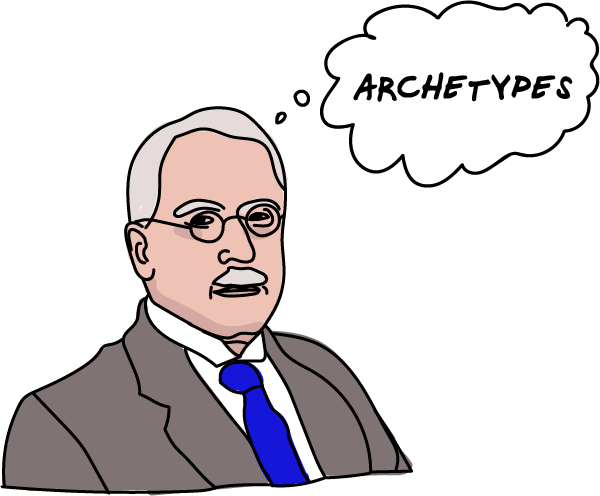


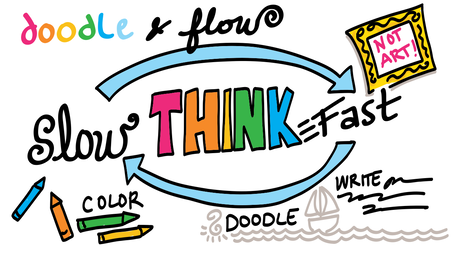
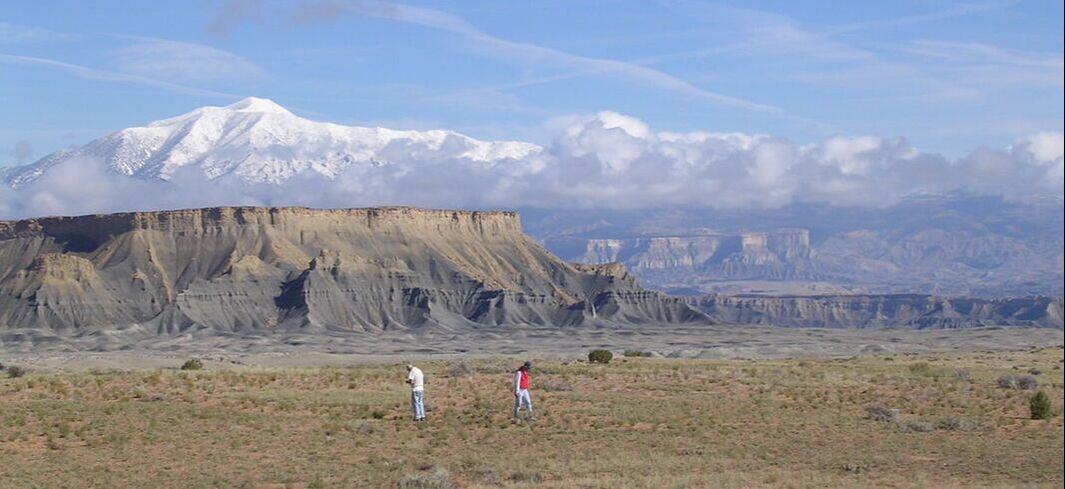
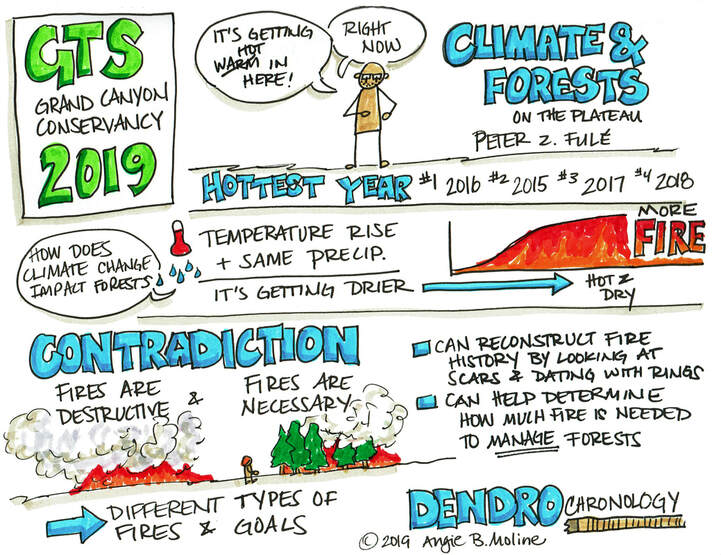
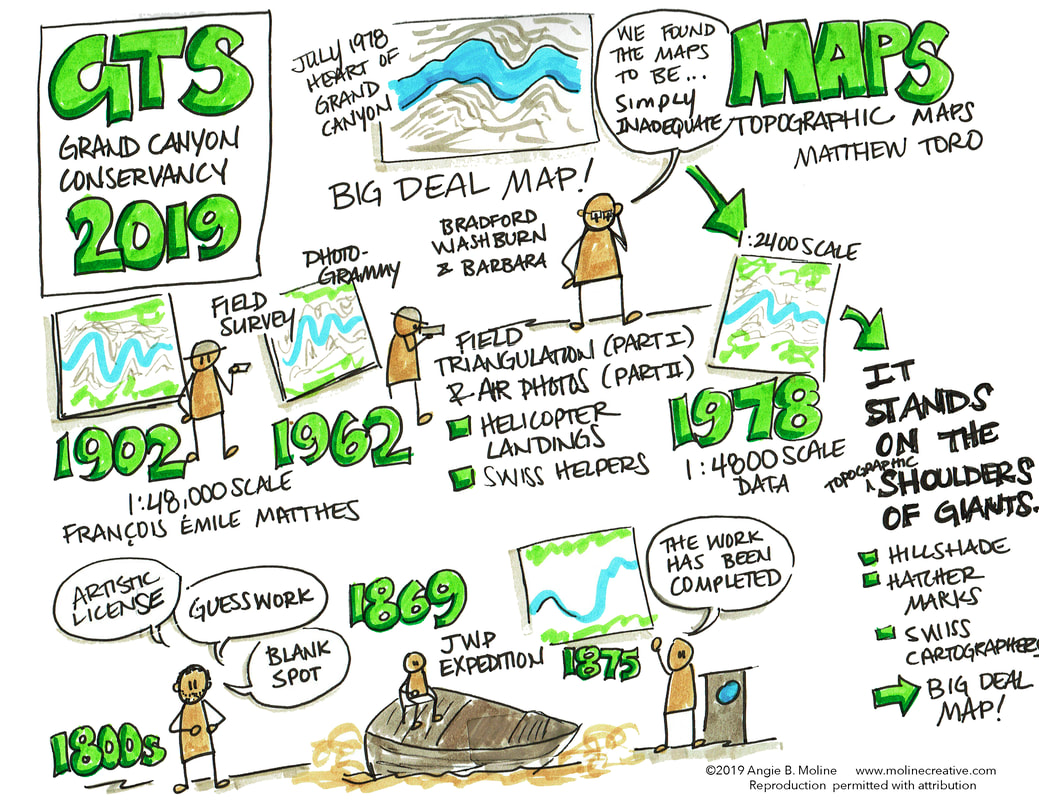
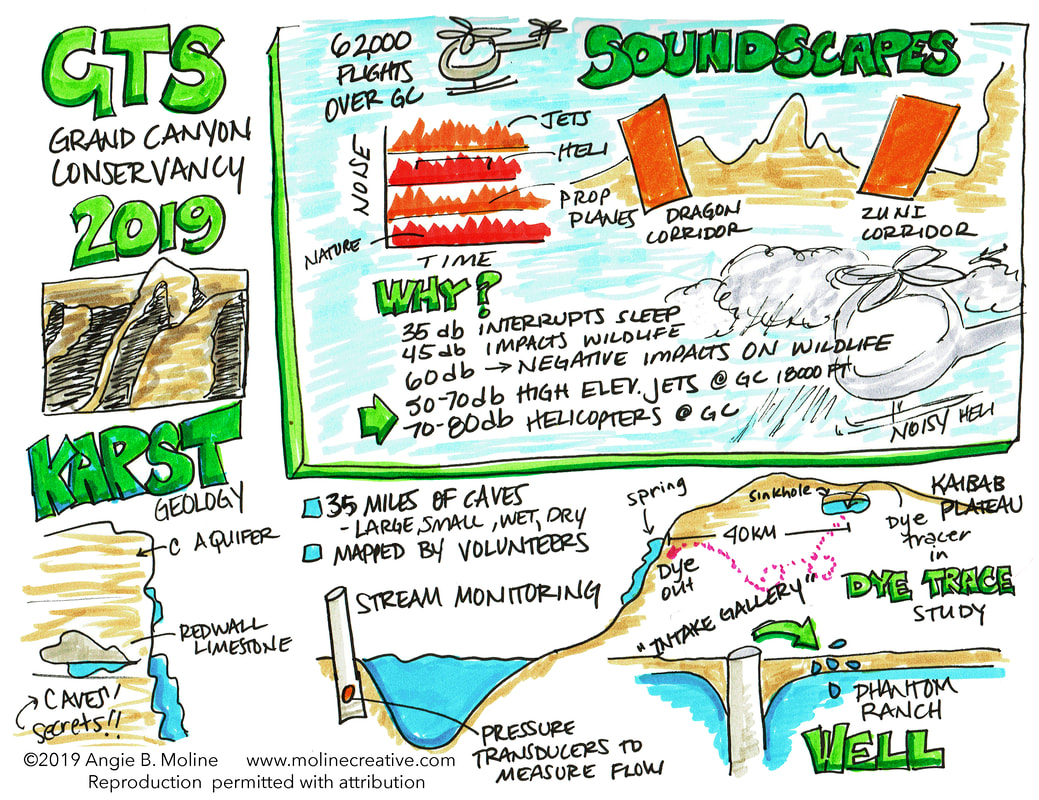
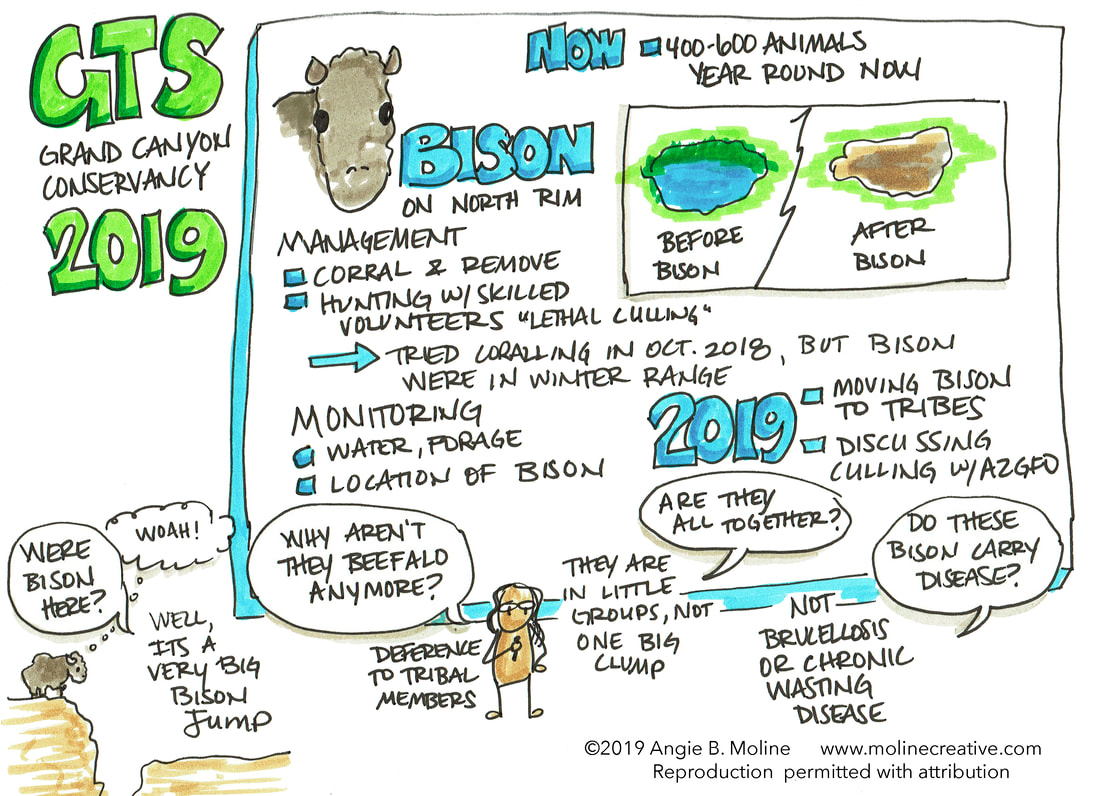
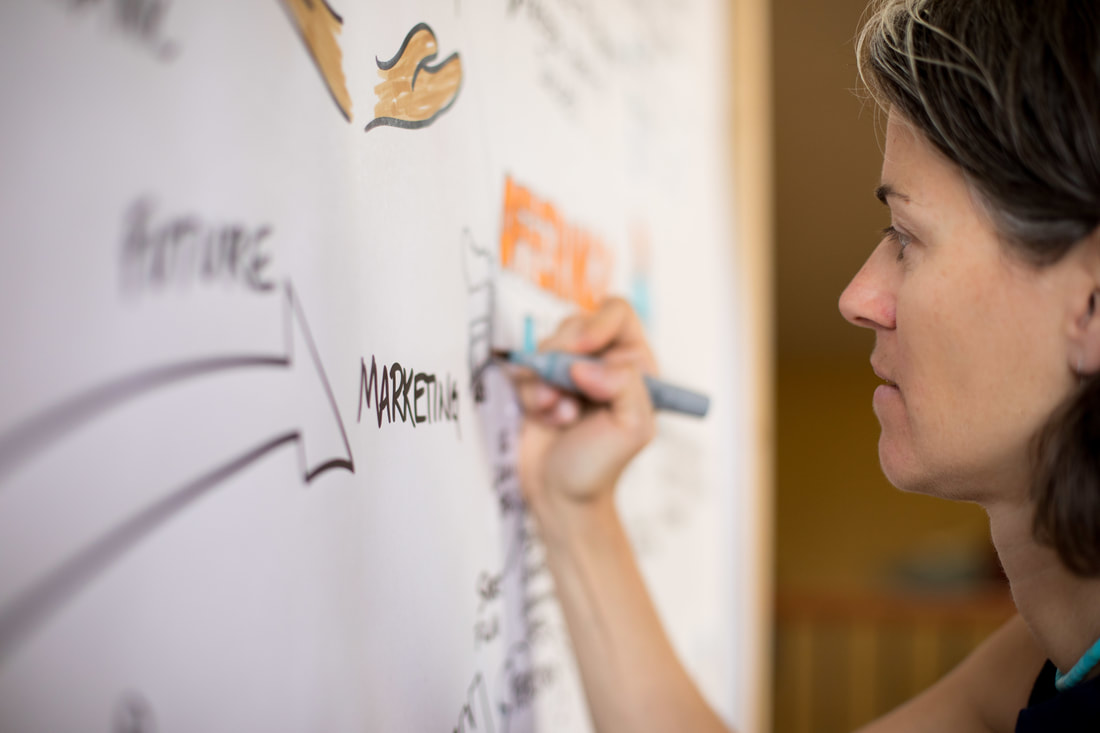
 RSS Feed
RSS Feed




